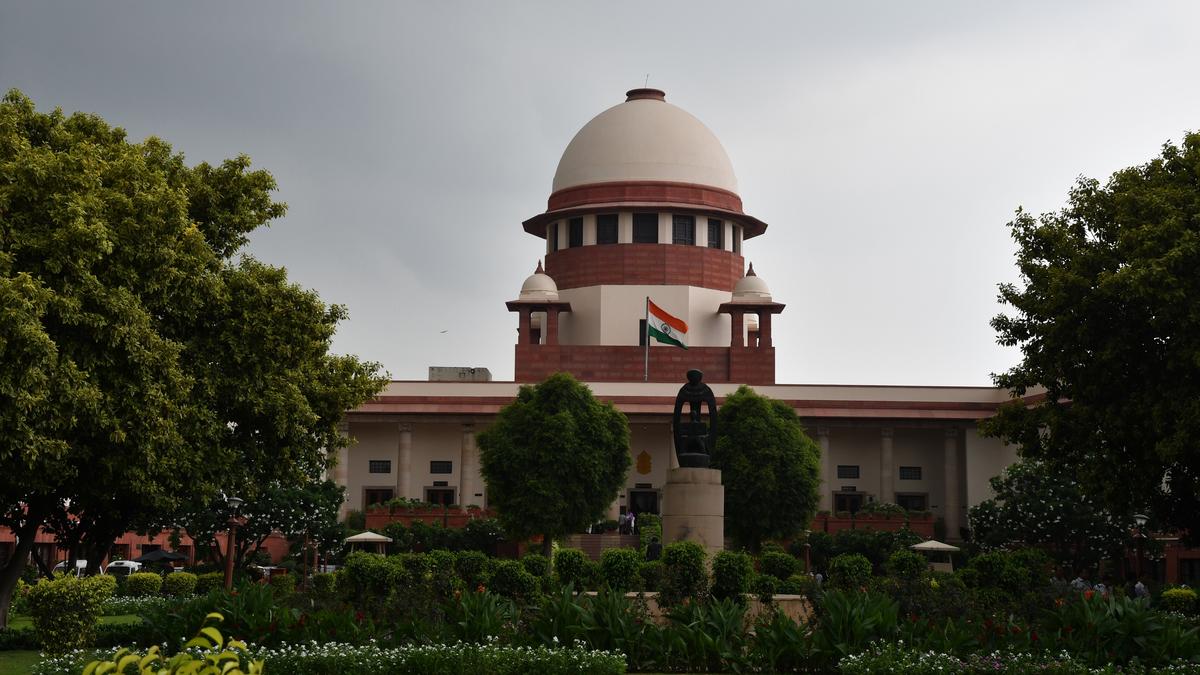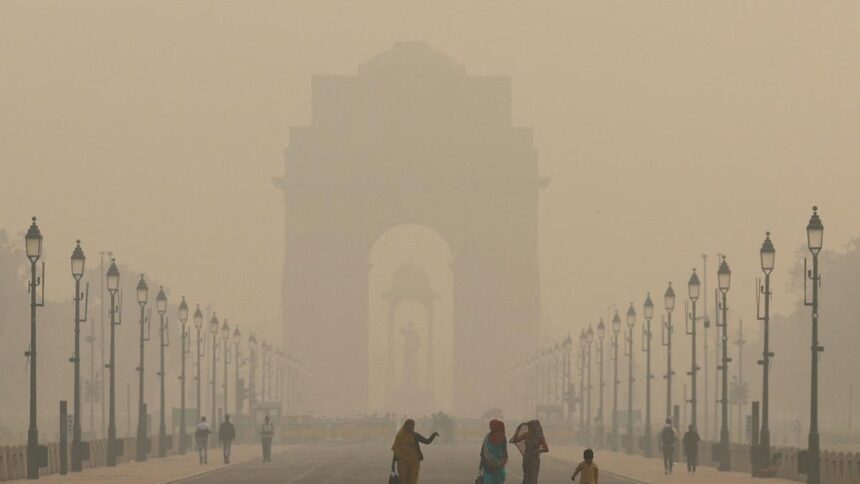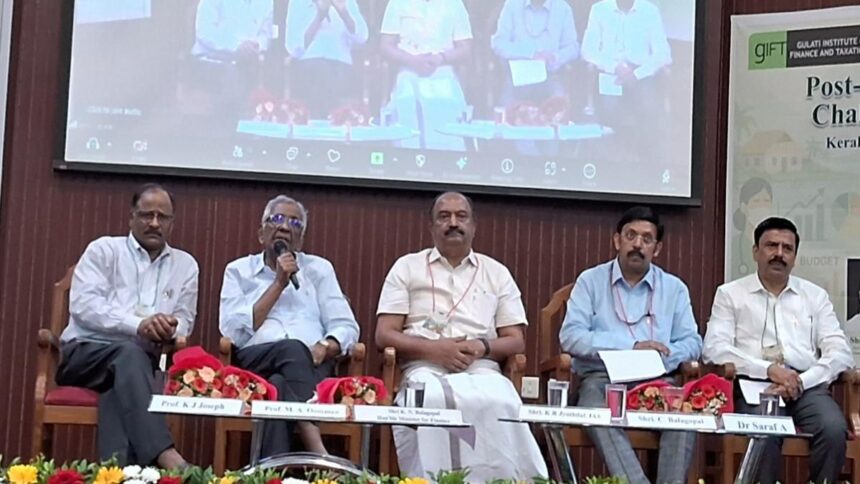
The Judge had even asked what prompted Congress leader Rahul Gandhi to make these statements in Maharashtra, where Savarkar was “worshipped as God”. File
| Photo Credit: The Hindu
The Supreme Court on Friday (July 25, 2025) extended the stay of summons issued to Congress party leader and leader of the Opposition in the Lok Sabha Rahul Gandhi in a defamation case accusing him of making derogatory remarks against Hindutva ideologue V.D. Savarkar during his Bharat Jodo Yatra in Maharashtra last year.
A Bench headed by Justices Dipankar Datta listed the case after four weeks, giving the complainant, Nripendra Pandey, a Lucknow resident, a fortnight’s time to file his response to the challenge filed by Mr. Gandhi in the apex court.

The Court had stayed an Uttar Pradesh trial court summons issued to the Congress leader in an order in May while cautioning him from making “statements against our freedom fighters who gave us freedom”.
“This is not the way to treat our freedom fighters. They have given us freedom,” Justice Datta had said.
The Judge had even asked what prompted Mr. Gandhi to make these statements in Maharashtra, where Savarkar was “worshipped as God”.
Referring to Mr. Gandhi’s remarks that Savarkar addressed himself as “most obedient servant” in a communication to the British authorities, Justice Datta had at the time asked Mr. Gandhi’s lawyers whether “your client knows that even Mahatma Gandhi used ‘your faithful servant’ while addressing the Viceroy? Does he know that his grandmother, while she was Prime Minister, sent a letter to somebody praising this gentleman, the freedom fighter?”
Justice Datta said Mr. Gandhi had a “good point in law” which would entitle him to an order of stay on the summons.
In his petition, Mr. Gandhi said the freedom of expression was essential for a dignified life and guaranteed under Article 19(1)(a) of the Constitution.
The Congress leader said the proceedings against him were “clearly frivolous, vexatious and designed to inflict the criminal process as a virtual punishment to and deterrent for the free exercise of his freedoms and from freely performing his duty as a responsible Opposition political leader at the national level”.
The trial court, while summoning Mr. Gandhi, had observed that he had spread hatred and ill-will in society through his speech in which he had said that Savarkar was a servant of the British and that he took a pension from the British.
Mr. Gandhi was charged with offences under Section 153A (promoting enmity) and 505 (public mischief) of the Indian Penal Code (IPC).
Published – July 25, 2025 12:58 pm IST






















